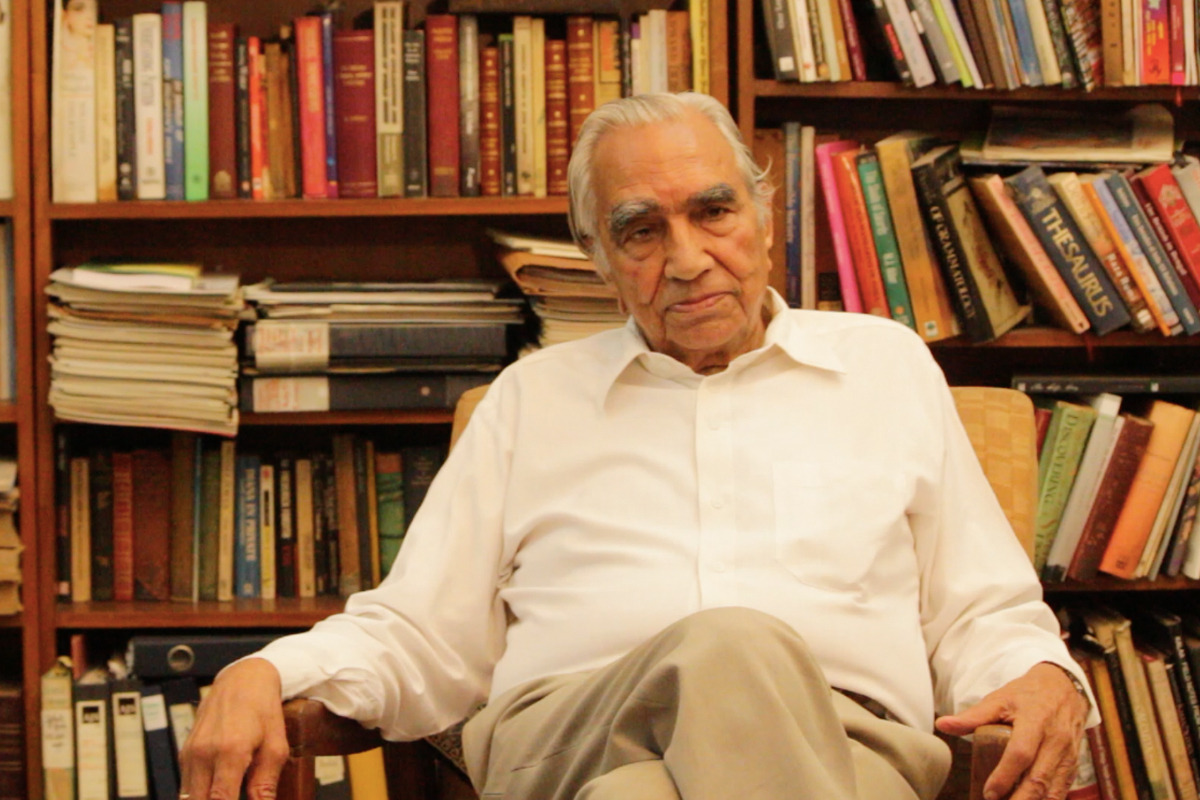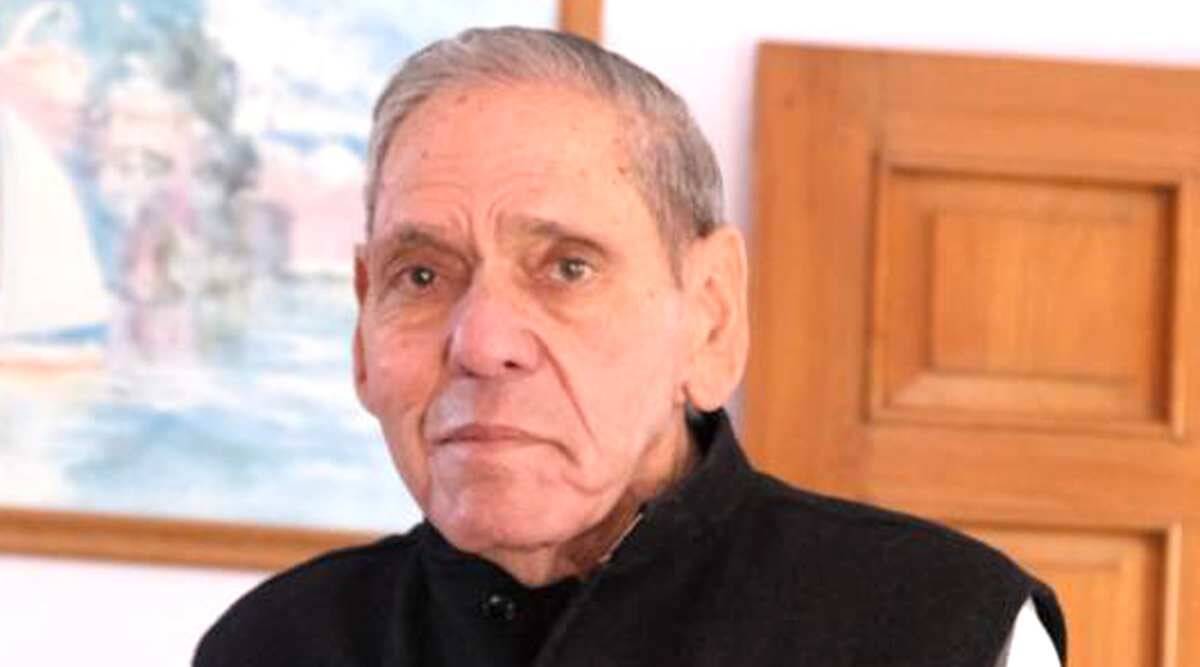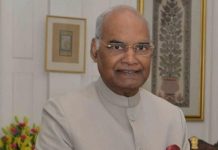
The best way is to stand up and speak out when Christian and missionary educational institutions are targeted and attacked by the political mafia and goon brigades.
As the Loreto Convent, Lucknow, celebrates its 150th anniversary, it is time to congratulate the Loreto nuns for their selfless service to hundreds and thousands of us. Today if we can communicate in English, it is because of the efforts of the nuns. Their teaching went beyond the routine; we were made aware of the basic core values that touch our very existence
It is time to sit back and reflect: how can we coo ‘thank you’ to the nuns. Perhaps, the best and apt possible way would be to stand up and speak out when Christian and missionary educational institutions are targeted and attacked by the political mafia and goon brigades.
Today there’s apprehension and unease amongst the minority communities in the country, as there seems to be no control over the violence unleashed by the mafia. It wouldn’t be amiss to say that in particular locations and situations they seem to be hand in glove with a particular political lot. Needless to add that in such situations the minority communities are targeted on any given alibi. The most used alibi nowadays is religious conversions! This provokes me to react: those of us who studied in convent schools, were not converted to Christianity!
It is time to speak out: Where is our collective togetherness — will it remain only in the textbooks or along the fairy tale strain? What is the point for any of the Indian political rulers of the day to fit in their speeches ‘sabka saath, sabka vikaas’, when it holds out little substance, and is far away from the ground reality?
******
In love with bygone era
Author- diplomat Pran Nevile was passionately obsessed with the bygone era. This retired diplomat was fascinated by the past and with the characters who had then held sway. This is amply evident from the volumes he has authored. As a retired civil servant he could have just about sat back and relaxed with the frills hanging around; but he chose to write on. No, no computers for him, but with the very basics, with the simple pencil or pen he wrote several books.
The titles of these are telling enough — Love Stories from the Raj; Nautch Girls of India; Beyond the Veil; Rare Glimpses of the Raj; Stories from the Raj: Sahibs Memsahibs and Others; K.L. Saigal: Immortal Singer; Lahore — A Sentimental Journey.
Nevile was obsessed with the bygone era and the characters who flourished then. The only explanation for this could be that one heap of emotions for those bygones… as one’s roots play a definite role in building the personality and perception, so, perhaps, the biggest blow that can come one’s way is to be forced to leave one’s city or town or village. As Nevile wrote in his preface to his book on Lahore: “This book on the Lahore of my days was conceived in the lonely dining room of Hotel Astoria in Geneva in November 1963. I was having breakfast when I heard someone calling me in Punjabi, `Motian aleo, Hindustan de o ke Pakistan de?’ (Prince of Pearls, are you from India or Pakistan?) I looked back, responding promptly, `Badshao aao baitho, main Lahore da han’ (Your Royal Highness, please come and sit down, I hail from Lahore). In no time we became very friendly, a blend as it were, of ghee and khichdhi (clarified butter and curried rice) and talked about our glorious city. The conversation released a flood of memories deeply imprinted on my mind for decades. I have tried in these pages to commit them on paper. ”


And what could be termed refreshing and positive is that in the epilogue, written after he re-visited Lahore after all those decades, in 1997 and again in 1999, he didn’t come up with any sort of bitterness nor Pak-bashing. The epilogue seems a furthering or say stretching of his emotional bonding with that city and its people. As though none of the political dents created by the politicians there and here, had managed to disrupt his bonding with the people of his birthplace. Also evident it was that through music and those musical geniuses and singing stars of the past, he wanted to connect the people of this sub-continent.
******
Dehra Dun loses its prominent citizen
I had reviewed two books authored by Raj Kanwar and what was evident was his love and bonding with the city of Dehra Dun. He had painstakingly put together all possible aspects to the residents of the city of Dehra Dun. Together with detailed backgrounders to their work and family and professional spheres. Writ large Raj Kanwar’s passionate commitment to his city Dehra Dun and to its residents. In fact, diplomat Navtej Sarna best sums it up in his foreword to one of the books — “Raj Kanwar has seen it all, lived it all. He has made his life and writing synonymous with the best of Dehra Dun. He has distilled into Dateline Dehra Dun the best of what he has experienced, the exceptional people he has met along his journey and the evolution he has seen. This is a treasure trove of his memories being pulled out straight from his heart. All those who share his love for the Valley will enjoy the Book and others will be inspired to learn about the little heaven that it was.”
In fact, his volumes must be read by all those fascinated by the Dehra Dun city and what it holds out. They could also be a researcher’s delight or a scholar’s guide…the list could be long because they are laced with facts and factors which otherwise would have gone about un- noticed or un-traced.
Though in his early 90s, he had plans to write yet another volume. He relayed his forthcoming book would be titled — Writer of Obituaries. He elaborated why he decided to write on death and obituaries. “The year 2012 was an inauspicious one for many of the Dehra Dun’s prominent citizens. Over 15 of my friends, some older and few younger, had passed away, one after another, leaving me to write their obituaries…Too many of my friends had died during that year and I really dreaded writing their obituaries” He’d also focused on a stark reality connected to death. “Today death has become a billion dollar business worldwide. As I delved more and investigated further, I learned that the business of DEATH has assumed multiple dimensions. It starts with a notice of death, publication of obituary, making of arrangements for a funeral, cremation or burial and followed by many post cremation rituals that vary from religion to religion, caste to caste and of course from family to family.”












